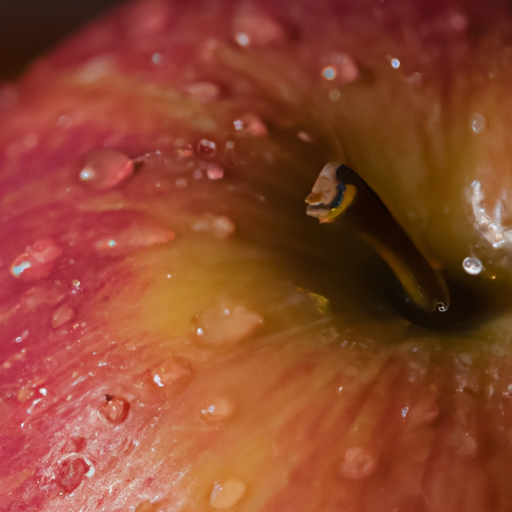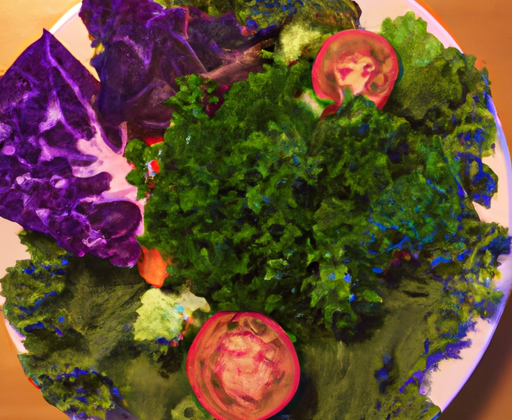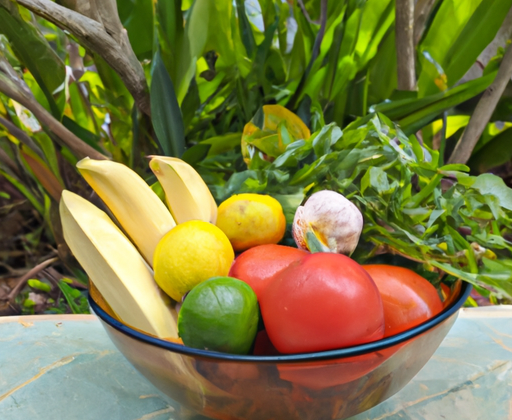Get the Lowdown on Pesticides: Why They’re Used in Our Food and How They Affect Our Health
Are you aware of the chemicals present in the produce you consume on a daily basis? Pesticides are substances used to kill pests and ensure food is safe for consumption. However, the use of pesticides has raised concerns among consumers – both for human health and environmental consequences.
So, why are pesticides used in our food supply? Essentially, they’re used to protect crops from damage caused by insects, weeds, and other organisms. Pesticides are intended to preserve the quality and safety of food while increasing yields.
Yikes! The Risks of Pesticides on Your Health
Hey everyone, I wanted to talk about the potential health risks of pesticides in our food supply. It’s a pretty scary topic, but I think it’s important to be informed about what we’re putting into our bodies.
So, here’s the deal: pesticides are chemicals used to kill pests that damage crops. On the surface, this seems like a good thing – we want to protect our food supply, right? But these chemicals can have serious health consequences for humans.
For starters, exposure to pesticides has been linked to a variety of health problems, including cancer, reproductive issues, neurological disorders, and respiratory problems. Yikes.

What’s more, pesticides can also have negative effects on the environment, including harming beneficial insects, contaminating water sources, and contributing to pollution. Double yikes.
While government regulations do exist to protect consumers from harmful pesticides, it’s important to stay informed and advocate for safer farming practices. After all, we all want to eat food that’s good for us and the planet, right?
Regulations and Policies Are in Place to Protect Consumers
It’s important to know that the use of pesticides is heavily regulated by government agencies. The Environmental Protection Agency (EPA) is responsible for ensuring that all pesticides used on food are safe for human consumption. These regulations require extensive testing to ensure that the pesticides are used properly and will not cause harm to humans or the environment.
In addition to government regulations, many companies and organizations have implemented their own policies to protect consumers. This includes limits on the amount of pesticides that can be used in manufacturing, as well as rigorous testing and quality control measures. These policies are designed to ensure that all products are safe for human consumption and meet the highest standards of quality and safety.
Consumers can also take an active role in protecting themselves by staying informed about the pesticides used in their food supply. This includes reading labels and asking questions about how products were grown and processed. It’s important to remember that even with regulations and policies in place, it’s up to consumers to make informed choices about the products they consume.
Let’s Find Solutions to Reduce Pesticide Use
Now that we understand the potential risks associated with pesticide use, it’s time to explore solutions to reduce their usage. We can start by turning to more natural and sustainable farming practices. Growing crops organically can help avoid the use of synthetic pesticides. This can be done by using compost and other natural fertilizers, crop rotation, and the use of natural pest control methods.Some farmers utilize beneficial insects like ladybugs and predatory mites to help control pest populations. Others apply natural substances like neem oil, which is derived from the Neem tree and has been used for centuries to repel insects. These more natural methods can help break the cycle of dependence on synthetic pesticides and create healthier, more sustainable farming practices.We can also take personal steps towards reducing our exposure to pesticides by choosing locally-sourced and organic foods whenever possible. We can support farmers who embrace sustainable methods and avoid the use of synthetic pesticides. Additionally, we can reduce our own use of pesticides in our home vegetable gardens and lawns by using natural pest control techniques.It’s important to note that the use of synthetic pesticides isn’t always avoidable, especially in regions where crops are susceptible to devastating pest infestations. In those cases, farmers can implement integrated pest management (IPM) practices which use a combination of chemical and natural control methods. Under IPM, pesticide use is minimized and used as a last resort.In conclusion, while synthetic pesticide use has been a part of agriculture for decades, we must continue to explore and implement alternative, more sustainable methods. By reducing our dependence on pesticides, we can help promote environmental and human health while still achieving a safe and secure food supply.
Time to Act: Beyond Pesticides
Well, folks, it’s time we talked about the elephant in the room- pesticides. As much as we rely on them to keep our food supply chain secure, they come with risks that we can’t afford to ignore. After researching and writing this blog, I’ve come to a simple conclusion- we need to move beyond pesticides.
If you’re still not convinced, let me break it down for you. The health risks associated with pesticides are too great to overlook. Exposure to these chemicals can lead to a host of health issues, from skin irritations to cancer. Not to mention, their environmental impact can’t be ignored either.
The good news is that there are regulations and policies in place to protect us from the worst of these dangers. However, we can’t simply rely on these alone. We need to take action ourselves to reduce the use of synthetic pesticides. One way to achieve this is by implementing organic farming practices and utilizing natural pest control methods.
Make no mistake though- this isn’t going to be an easy task. It will require effort and change on multiple levels, from individual decisions to political action. However, I firmly believe that we can do this if we band together and make it a priority.
So, let’s start by educating ourselves and spreading awareness of the issue. Knowledge is power, and together we can make a difference. If you’re interested in learning more about the challenges facing our food supply chain, check out this article on bakedoccasions.com. Let’s make a safer, healthier food system a reality.

